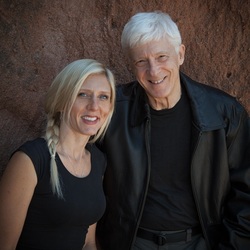 Charles Leerhsen wrote a book entitled, Ty Cobb: A Terrible Beauty. I have not read it, but I did read portions of a speech Mr. Leerhsen delivered about writing this book and about the insidious process that gives birth to lies and sustains them despite all evidence of the truth. Mr. Leerhsen's speech was given at Hillsdale College on March 7, 2016, and published in the March 2016 edition of Imprimus. I encourage all to read it. I don't know much about baseball, except, as George Will once said, it is a game of chapters. I know even less about Ty Cobb, the first man to be inducted into the Baseball Hall of Fame and arguably the greatest player the game has ever seen. I do, however, know something about lies, and was intrigued by two things Leerhsen said in his speech. "It is easy to understand why this is the prevailing view. People have been told that Cobb was a bad man over and over, all of their lives. The repetition felt like evidence." (Emphasis added.) I have witnessed this feeling many times, and sometimes I have felt it. I have seen it in science, religion, politics, and the discourse of families. It is seldom recognized, and often goes unchallenged. Repitition can easily be mistaken for truth. Mr. Leerhsen says the following near the end of his speech: "I knew going into this project [writing the book]—having been at one time an editor at People magazine—that human beings take delight in the fact that the rich and famous are often worse and more miserable than they are. What I didn’t understand before was the power of repetition to bend the truth. (Emphasis added.) In Ty Cobb’s case, the repetition has not only destroyed a man’s reputation, it has obliterated a real story that is more interesting than the myth." Truth is stranger--and more interesting--than fiction; however, I think that the best place to tell the truth is in a work of fiction. That is what we have attempted in The Successor. Charles Arthur Sale
0 Comments
Leave a Reply. |
Naomi Sawyer & Charles Sale
January 2019
Categories
All
|

 RSS Feed
RSS Feed